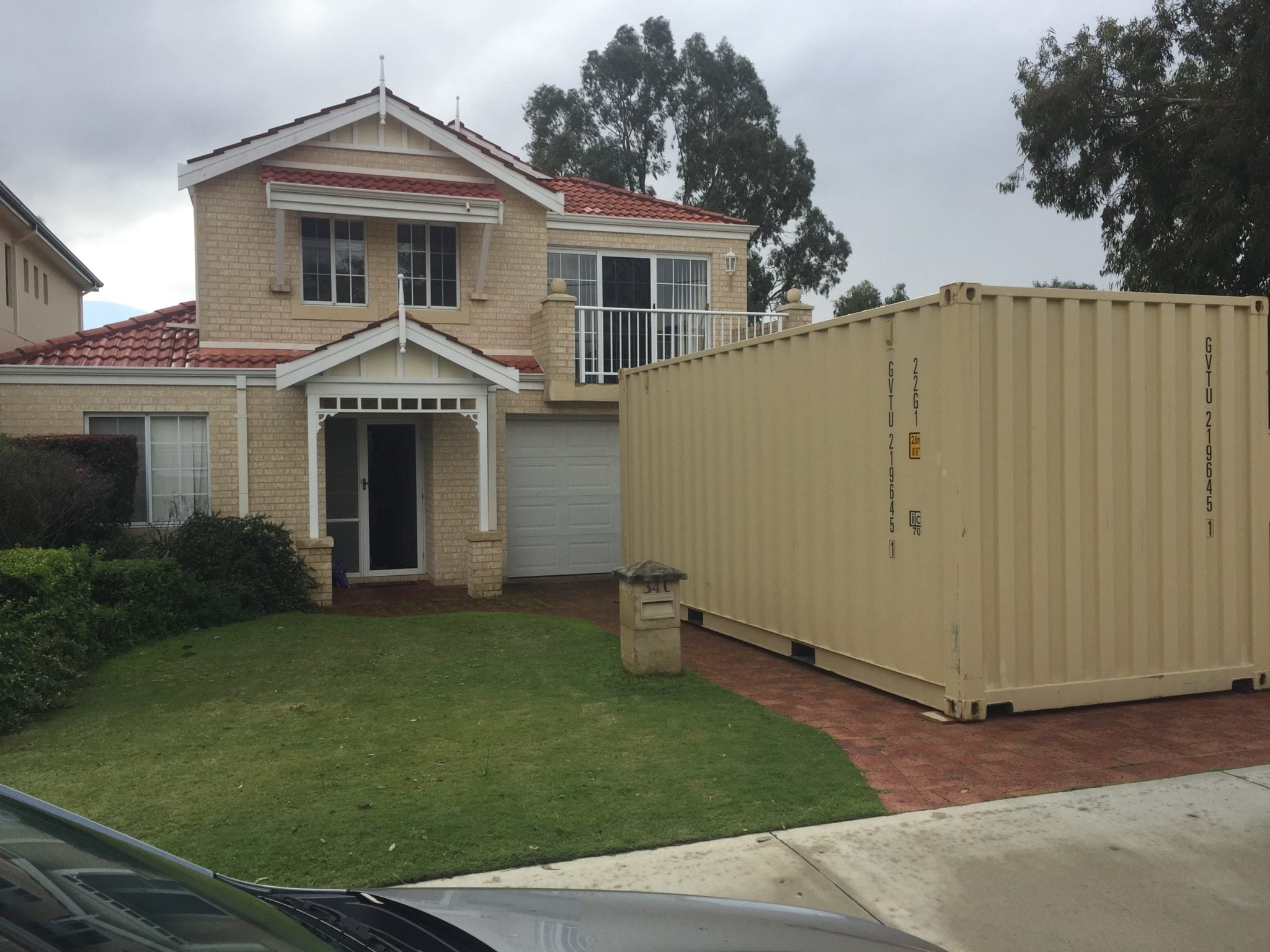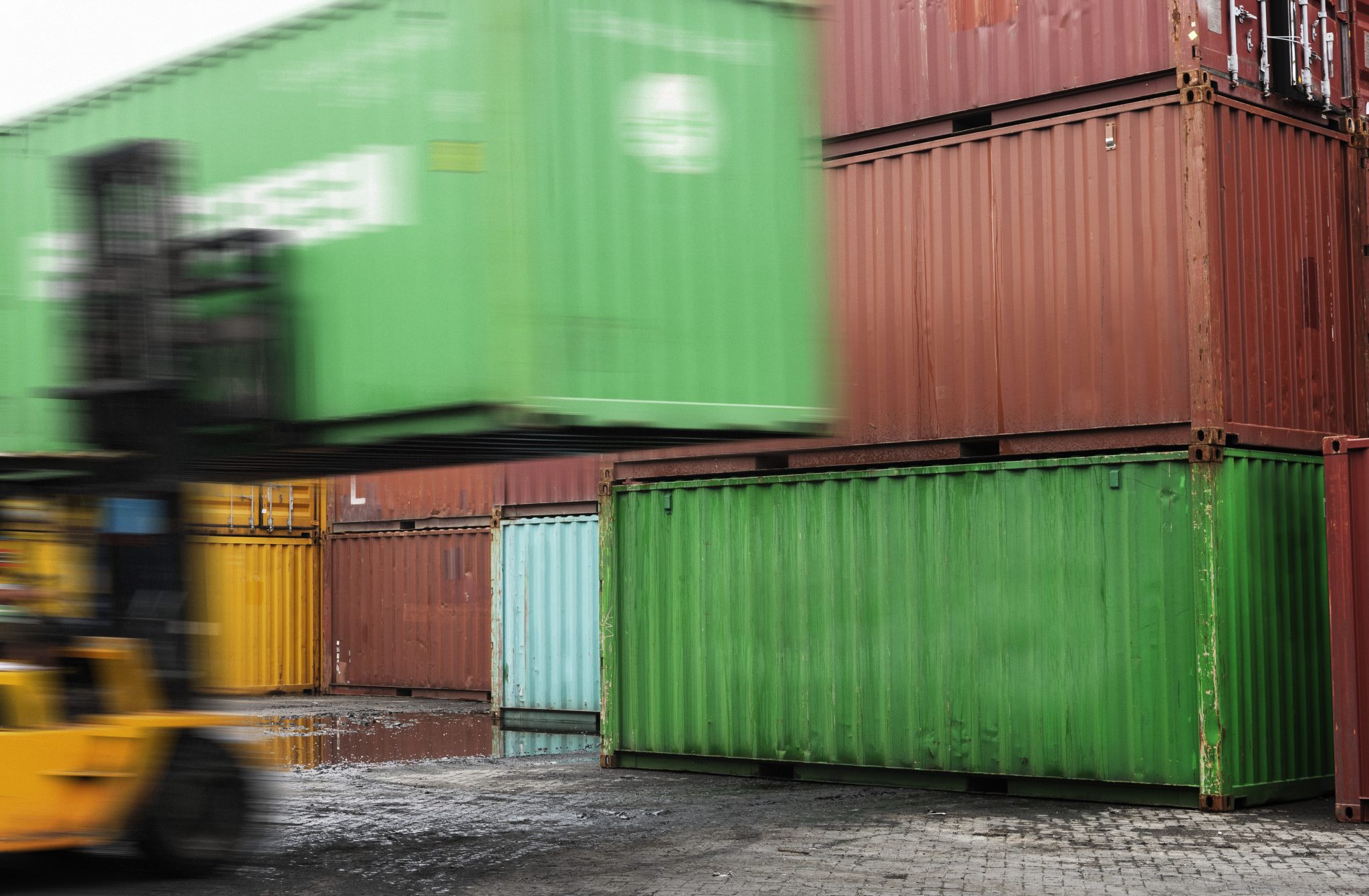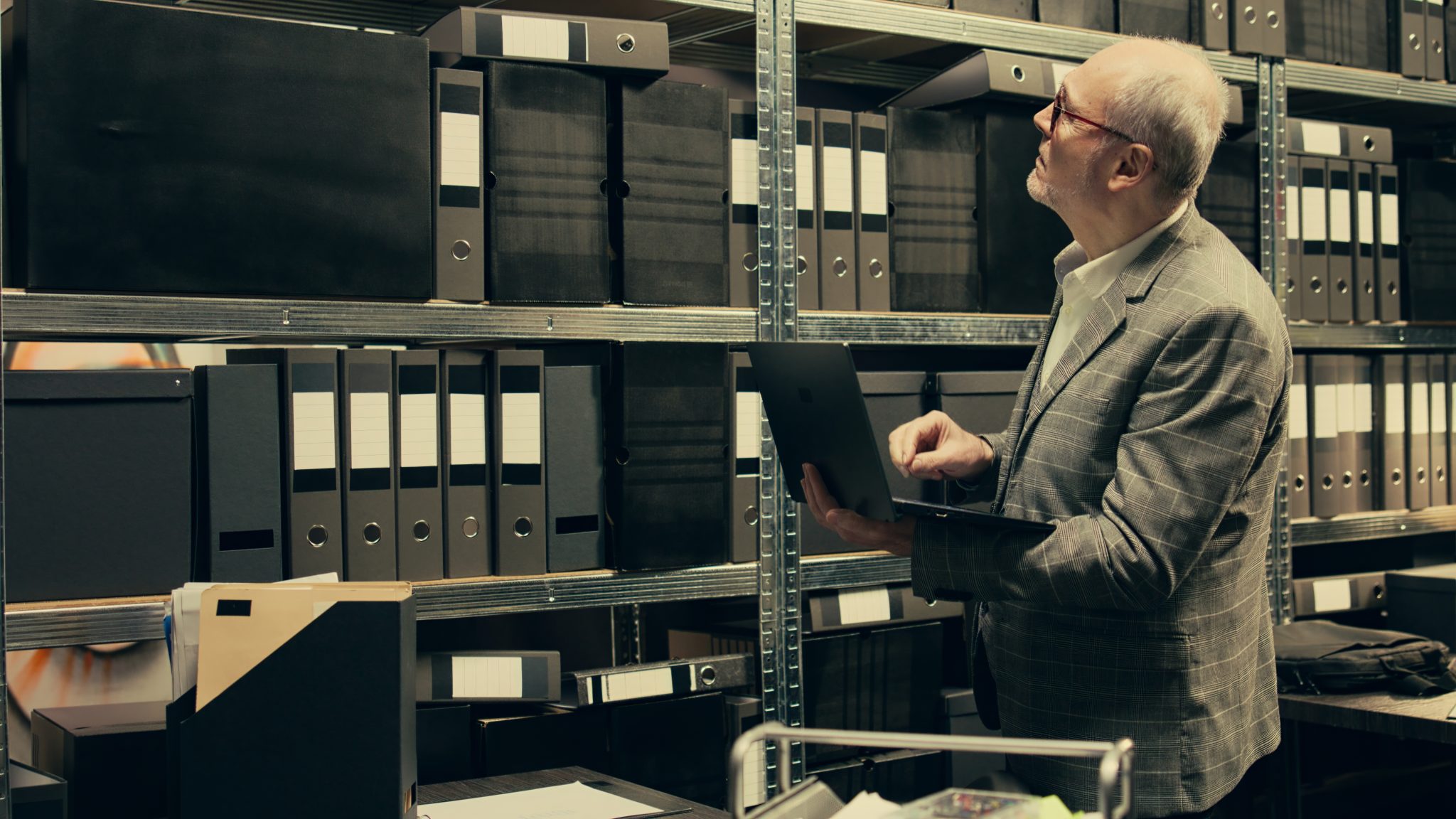Whether you’re running a business, are a major shopaholic, car enthusiast, or you’re moving overseas, the chances are you’re going to need some extra storage.
So, what do you do? Often, the best way to store your belongings is in a shipping container.
Shipping containers offer flexible and cost-effective storage solutions for a wide range of industries.
From specialised refrigeration to standard storage for furniture or equipment, shipping containers can be customized to meet diverse needs.
They can also be transported, which means there is no double-handling. You can store your container either onsite at a self-storage facility, or in your own backyard – it’s entirely up to you!
In this article, we’ll examine various types of shipping containers and how they can be adapted for specific storage requirements.
What StorageTypes are Available?
The broad selection of storage solutions available makes sea containers suitable for a range of residential and commercial purposes.
Standard Containers
Available in various sizes, standard shipping containers are the most commonly used storage option, offering a versatile and secure solution for a huge range of needs.
Available as 8ft, 10ft, 20ft, and 40ft options, these containers are commonly used to store anything from furniture, equipment and personal effects, to materials that don’t require temperature control.
For example, restaurants, hotels or education facilities might use a standard container to store spare furniture such as chairs, tables, or mattresses.
Manufactured from steel, shipping containers are renowned for their strength, durability, and versatility. They are built to withstand the harshest environmental conditions, making them ideal for sea freight, transportation and storage. Their robust construction allows them to endure heavy loads and resist physical damage, whether they’re stacked on ships, stored outdoors, or transported across long distances.
The steel used in shipping containers is typically corrosion-resistant, often galvanized or coated with protective materials to prevent rust and degradation, especially when exposed to saltwater or extreme weather conditions.
Sea containers can also be customised with various internal features such as insulation, shelving, or ventilation systems, depending on the specific storage needs.
Refrigerated Containers
Refrigerated containers, or “reefers,” are an essential solution for businesses that need to store perishable goods.
These containers are equipped with industrial-grade cooling systems, designed to maintain precise temperature control. For industries such as the meat industry, where maintaining specific temperature ranges is critical, refrigerated shipping containers are invaluable.
Reefers can be set to different temperature levels, ensuring products stay fresh and safe. Energy-efficient models are also available, helping to reduce operational costs while keeping products at the ideal temperature. The containers also offer ample space for shelving, racks, or hooks to help organize items, providing a flexible storage solution for busy periods when extra space is required.
Refrigerated containers are also commonly used in the fresh produce industry to keep fruit, vegetables and nuts fresh for longer periods. With proper ventilation systems and insulation, containers can prevent spoilage and ensure that produce is kept at the optimal temperature for storage.
Similarly, cosmetic clinics or small medical businesses might use reefers to store medical equipment and supplies. These containers can be equipped with heavy-duty locks and surveillance systems for additional security.
High-Cube Containers
High-cube containers are taller than standard containers, offering an additional foot of height, which makes them ideal for when additional vertical storage space is required. These containers are particularly useful a larger quantity of goods or bulky items such as agricultural equipment.
Their added height helps maximize storage without requiring additional containers.
Dangerous Goods Containers
For industries that handle hazardous materials, such as chemicals, pharmaceuticals, or flammable goods, specialised dangerous goods containers are essential.
These containers are designed to meet strict safety standards, ensuring that any dangerous materials are stored securely and transported safely.
Dangerous goods containers can prove a vital solution for industries that require specific regulations for material safety. They help businesses comply with safety regulations and protect both the workers and the environment from potential hazards.
Shipping containers designed for dangerous goods are equipped with features such as ventilation, spillage containment systems, and reinforced doors.
If you need a storage/shipping container in Western Australia, contact U-Move Australia today – we’ll get your storage needs sorted!




